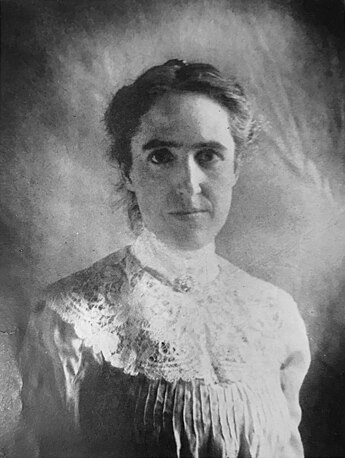
Henrietta Swan Leavitt (1868–1921) was a pioneering American astronomer whose groundbreaking work forever changed our understanding of the universe. Despite societal limitations placed on women during her time, she joined the Harvard College Observatory as a "computer," meticulously analyzing photographic plates of stars. Not content with the tasks of basic math and record keeping, Henrietta’s intellect drove her to identify and study crucial patterns in the data she was given.
Leavitt's most renowned discovery was the period-luminosity relationship of Cepheid variable stars, a key that unlocked the vast scale of the cosmos. Her findings allowed astronomers to measure the distance to far-off galaxies for the first time, providing the foundation for Edwin Hubble's revolutionary work on the expanding universe. Before Henrietta’s discovery, science had no cogent sense of the size and scope of the universe, and many thought that the vastness of space was no larger than our own galaxy.
Henrietta Leavitt's dedication to the stars and her indomitable spirit stand as a testament to the power of curiosity and intellect, inspiring generations to look up and dream of what lies beyond.